I had my first jab on Wednesday, at a vaccination centre in the south of Paris, run by the fire service. The fireman who administered my vaccine shared my love of rugby and once the ice had broken I asked him what life was like as a firefighter (I’ve heard some terrible stories, of fire crews attacked as they worked). His district was relatively calm, he told me, unlike those of some of his colleagues. It’s far worse, he added, for the police, many of whom at that moment were gathering in Paris at a rally attended by several politicians, including Gérald Darmanin, the Interior Minister. Ostensibly it was to remember two of their colleagues who were murdered in recent weeks in separate incidents, one by an Islamist and the other by an alleged drug dealer.
But the rally was also an expression of the deep frustration and anger felt by the police at the intolerable pressure they have faced since January 7 2015, the day one of their number was shot dead by the men who had slaughtered the staff of Charlie Hebdo. In the six and a half years since, 59 police and gendarmes have been killed in the line of duty while tens of thousands have been injured. (By comparison, six British police officers have died over the same period.) Some of the French police were attacked by Islamists, some by Gilet Jaunes, some by drug gangs and some by far-left thugs, like the Antifa mob, who in 2016 attempted to burn alive police officers trapped in their car.
But none of the above facts were mentioned in a report on the BBC News on Wednesday evening about the ‘violence, brutality and racism’ of the French police. I was alerted to the item by my mother, who texted me to say she was shocked at what she had seen on the television. I too was shocked when I watched the report, although for different reasons.
Without doubt there are French police who are racist and/or thuggish. We saw that during the Yellow Vest protests of 2018/19, a social justice movement which the BBC showed little sympathy for, despite the horrific injuries suffered by a few protestors at the hands of the police. But they were white and working-class and protesting against a green tax so perhaps in the eyes of the Beeb they got what they deserved.
But to state, as Huw Edwards did when introducing the report, that French police are ‘often accused of violence and racist behaviour’ is false, much like a French journalist reporting that the British police is overrun with Marxists because a handful of their officers have been filmed taking the knee, chanting ‘Free Palestine’ and skateboarding with radical environmentalists.
Included in the BBC report was Assa Traoré, whose brother, Adama, died in police custody in 2016. The family claim the petty criminal died of police brutality when he and his brother (wanted for a series of extortions against disabled people) resisted arrest; but several medical experts have presented a different narrative, stating that he died from a cardiogenic pulmonary oedema, exacerbated by stress and the effects of cannabis.
This wasn’t mentioned in the report, nor the fact that Assa Traoré is a divisive figure in France, a woman who earlier this month appeared in court to answer charges of defamation for publicly naming the three gendarmes involved in her brother’s death, the verdict of which will be known in July. This week a cross-party group of politicians used an op-ed in Le Figaro to accuse Assa Traoré of being a dangerous agitator who ‘fights against her country’.
The BBC, however, presented only the Traorés side of the story. Nor did they examine the shocking rise in violence in France in recent years, the rioting, the drug wars, the extremism, the anti-Semitic killings, the assaults on women and the murder of police officers.
The BBC did express its disapproval of France’s new security bill – which passed into law last month – which makes it an offence to publish photographs of the police online ‘with the intent to do them harm’. The police naturally back the bill, mindful of what happened to two of their colleagues in 2016, a married couple, who had their throats slit in their home by an Islamist while their three-year-old child looked on.
The BBC argued the bill is an attempt by Emmanuel Macron to ‘curry favour with voters on the right.’ An alternative version is that it’s the President’s desire to combat the horrifying violence perpetrated against the police on a daily basis. Last month, for example, in an estate in Seine-Saint-Denis, the names and photographs of several police officers and their families were plastered across several blocks of flats. Only yesterday a Socialist party candidate for June’s regional elections was suspended after it emerged he had posted a message on Facebook in 2019 asking: ‘Is it normal if I fantasise more and more about seeing cops burn?’
Fortunately such views are in the minority; last summer, at the height of the Black Lives Matter protests, 85 per cent of French people expressed a favourable view of their policemen and women.
Last weekend I was in Brittany, in the village of Trédion, and on visiting the war memorial I saw a new plaque screwed to the foot of the monument. It was in memory of Arnaud Beltrame, a gendarme whose family live in the village. In 2018 Beltrame sacrificed his life to save a hostage seized by an Islamist in a supermarket in the south of France. Beltrame is representative of the French police, not the lazy stereotypes portrayed in the BBC’s travesty of a report.
<//>
Got something to add? Join the discussion and comment below.
Get 10 issues for just $10
Subscribe to The Spectator Australia today for the next 10 magazine issues, plus full online access, for just $10.


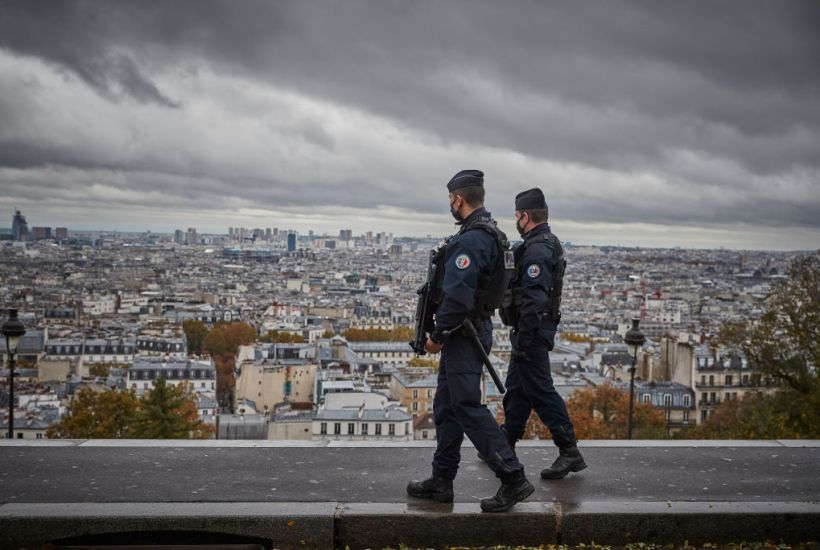
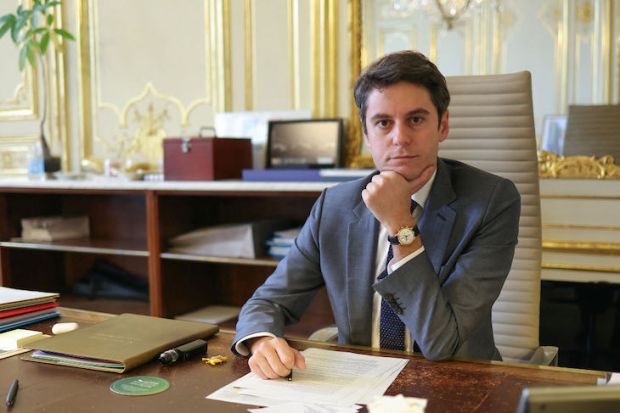

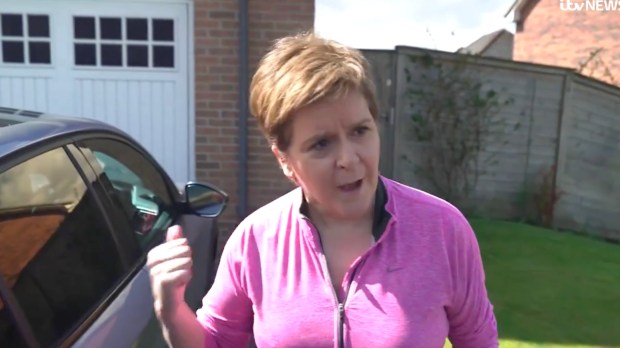
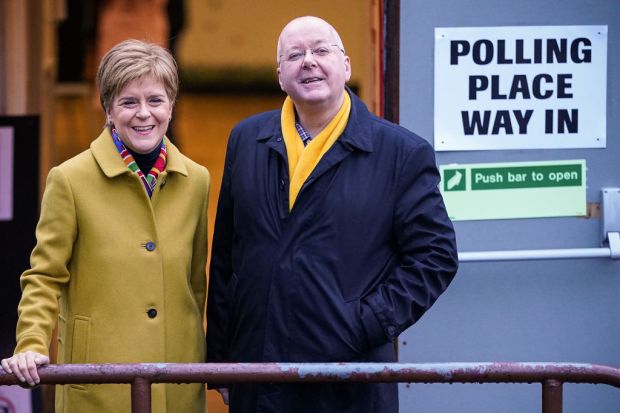

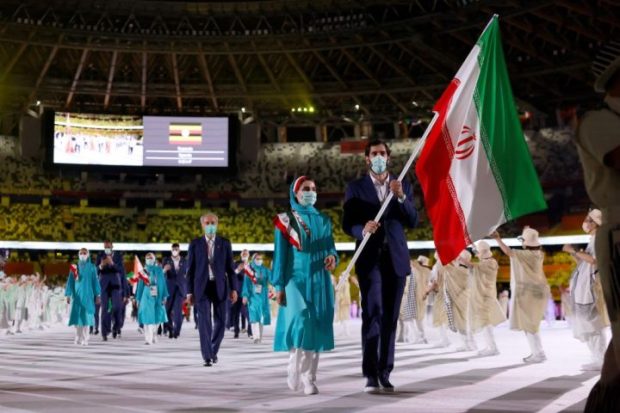












Comments
Don't miss out
Join the conversation with other Spectator Australia readers. Subscribe to leave a comment.
SUBSCRIBEAlready a subscriber? Log in